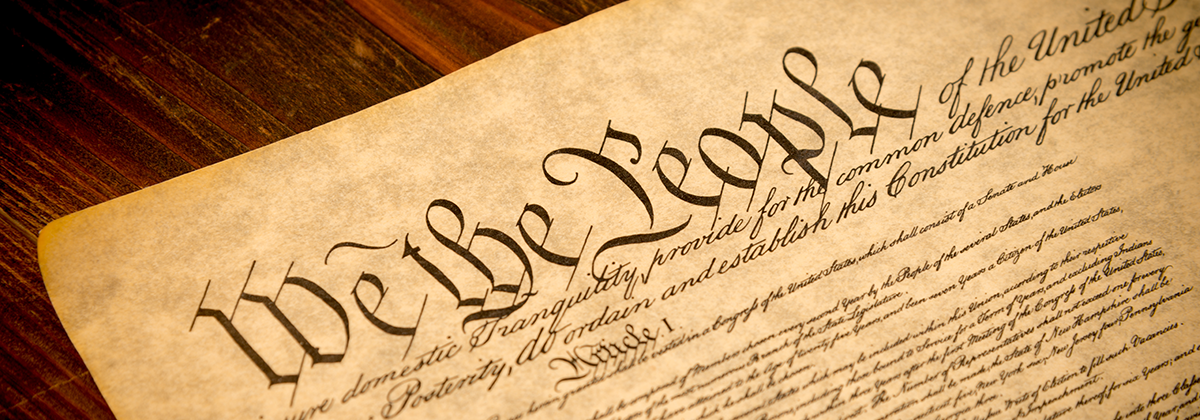Change the language, change the culture. Words that had definitive meanings years ago now are considered offensive words worthy of getting a person ostracized. For example, it is now “bad” to say “nationalism” but historically, nationalism did not have negative connotations until post World War I. The word “nationalism” became tainted when a Serbian nationalist assassinated Archduke Franz Ferdinand of Austria-Hungary and ended up in a war involving many other countries and 16 million deaths. The thinking that one nation was superior to another could actually lead to a World War caused nations to frown on the use of the word. Today, “nationalism” has become associated with a source of hatred, such as white supremacy and bigotry.
It’s Common Sense Civics and Citizenship to understand what words mean so that when you formulate your opinions, you have a clear grasp on definitions and how to use them. Understanding definitions can help especially in those awkward moments of discussion with the younger generation.
So, let’s dive right in. Three words that need clarification are Americanism, Nationalism, and Patriotism. You know I love to use the Webster’s 1828 Dictionary because the language and definition of words are closest to the understanding at the time of our country’s founding. Nationalism was not in Webster’s 1828 Dictionary, for the nation was still in its infancy. I turned to the Collins English Dictionary for a definition of nationalism in both American and British English.
Let’s start with Americanism- “The love which American citizens have to their own country, or the preference of its interests.”
Next up is Patriotism- “Love of one’s country; the passion which aims to serve one’s country, either in defending it from invasion, or protecting its rights and maintaining its laws and institutions in vigor and purity. patriotism is the characteristic of a good citizen, the noblest passion that animates a man in the character of a citizen.”
Here is an American English definition of Nationalism- a) “devotion to one’s nation; patriotism” and b) “excessive, narrow, or jingoist patriotism; chauvinism; the doctrine that national interest, security, etc. are more important than international considerations.”
Finally, the British definition of Nationalism- “a sentiment based on common cultural characteristics that bind a population and often produces a policy of national independence or separatism.”
One can see that the words are not readily interchangeable. You can love your country and prefer its interests to that of another country, such as Russia. That’s Americanism. You can love your country and exercise your passion for your homeland by serving in the military, serving in leadership, or simply by being a good citizen with noble intent. That describes a patriot. A patriot may also believe in Americanism but may also be a nationalist, that is, devoted to one’s nation. That person may also believe in traditional American exceptionalism or “America First” policies. It indicates a natural (not a vindictive or amoral) pride in one’s nation.
The point is, words mean things. If you believe in your country first and foremost, this does not mean that you are a bad citizen, a bigot, or a racist. However, if a person is a white nationalist, this is neither patriotic, nor American, nor in the nation’s best interest. That single adjective before the word “nationalist” changes the meaning of the word.
My hope is that by clarifying these words, you can more effectively participate in discussions and understand how the media may be using these words to report news stories to you. How we apply words is up to us. It’s Common Sense Civics and Citizenship at work.??

